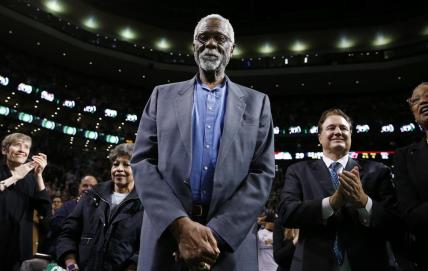Bill Russell was the greatest of all time, on and off the court
OPINION: The NBA legend wasn't just 'the greatest champion in all of team sports'; he left indelible marks as a social justice activist and leading figure during pivotal points of the civil rights era.
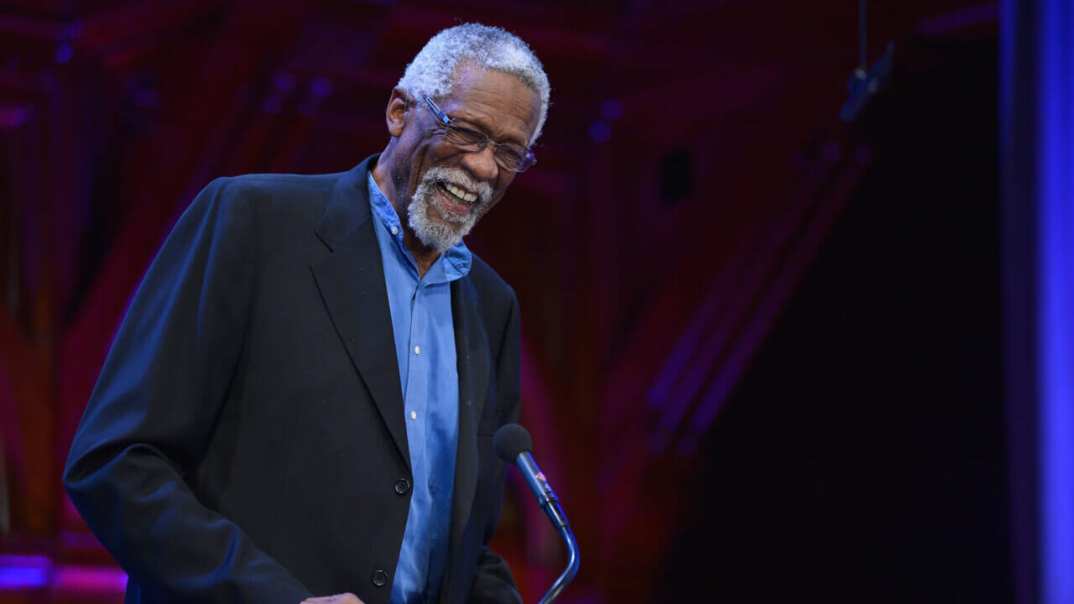
Editor’s note: The following article is an op-ed, and the views expressed are the author’s own. Read more opinions on theGrio.
The majority of folks in any field and in their daily lives settle comfortably, somewhere around the middle. Far from inadequate and short of incredible, most of us are solidly common. Nothing unusual and perfectly fine.
Others develop and mature over time until brushing the outskirts of extraordinary and perhaps breaking through. Maybe they spoke and performed and understood as a child for longer than desirable but ultimately grew and put away childish things.
And then there are examples like NBA legend Bill Russell, who died Sunday at 88 years old.
Right from the jump, he took his life and his livelihood to a whole other level, atop a peak that no one has matched.
Reasonable minds can disagree and some conclude that Russell is the true GOAT, not any of the three players typically above him in rankings like ESPN’s Top 100 or The Athletic’s Top 100. Michael Jordan, LeBron James and Kareem Abdul-Jabbar all have sound cases for their respective positions. But there’s a strong defense (fitting considering the center’s revolutionary shot-blocking) for listing Russell second to none.
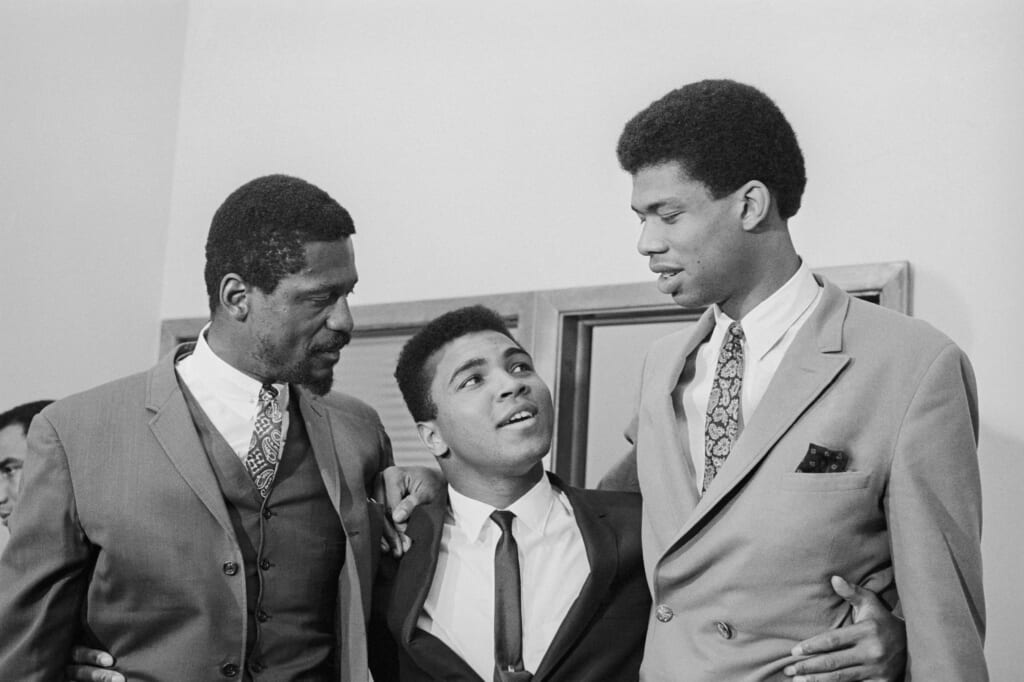
It’s more than the back-to-back NCAA titles with the University of San Francisco and the Olympic gold medal for Team USA in 1956. It’s not just having fewer fingers than NBA rings (11), which NBA commissioner Adam Silvers says makes Russell “the greatest champion in all of team sports.” It’s only partially due to his double-duty success as a groundbreaking player-coach, winning two titles in three seasons.
His impact on the NBA is undeniable; the man’s name graces the Finals MVP award.
But more importantly—because hoops is still just a game—he left indelible marks as a social justice activist, a leading figure during pivotal points of the civil rights era.
Russell gets extra credit for the way he managed 1960s-style racism and injustice. Unlike many other Black athletes and celebrities, he didn’t go along to get along. He wasn’t the type who thought everything would be cool if he kept cool in the midst of raging inequalities, smiling and grinning no matter how wild whitey got.
In Stride Toward Freedom, Martin Luther King Jr. said, “True peace is not merely the absence of tension; it is the presence of justice.” Russell concurred.
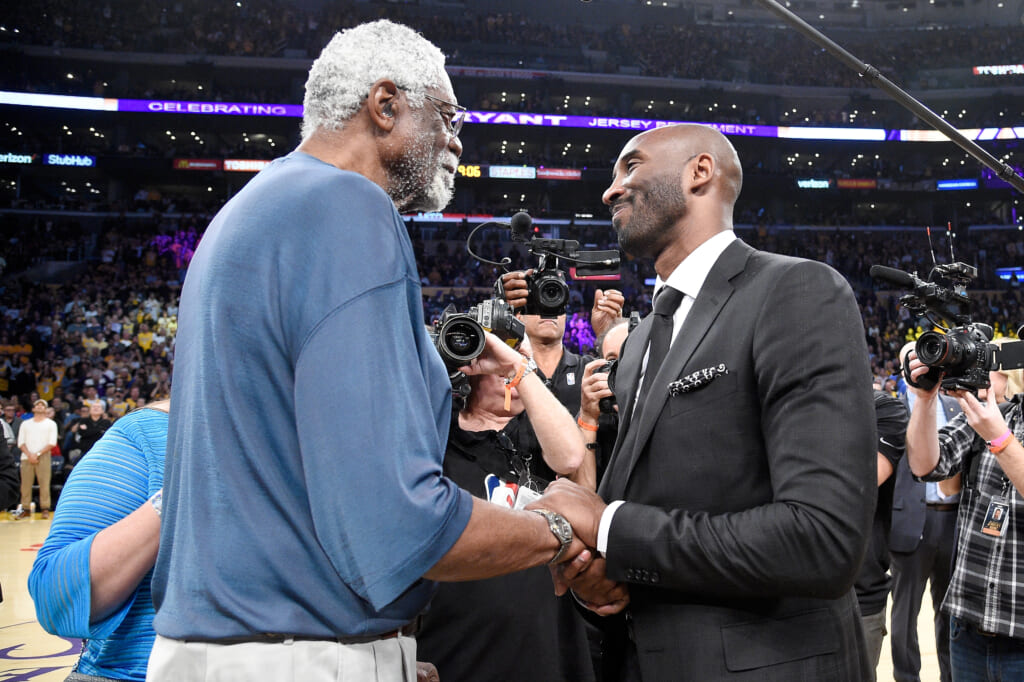
It’s no wonder that his jaw stayed tight, exuding zero friendliness and even less warmth among white Bostonians as he stacked chips. The media portrayed Russell as uppity, an angry Black man whose only demonstrable love seemed reserved for the team. His public persona—with roots in the Bay Area, birthplace of the Black Panthers—was enough to merit attention from the feds.
An FBI file referred to him as “an arrogant Negro who won’t sign autographs for white children.”
Pioneers don’t choose their time period, only the way they conduct themselves. No shade to Black stars who chose to be more accommodating. If everyone were built alike, icons such as Russell, Muhammad Ali, Kareem Abdul-Jabbar, and Tommie Smith and John Carlos wouldn’t be special. They’d be regulars, not radicals.
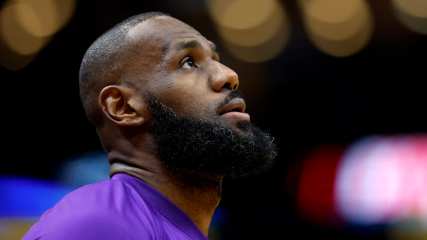
LeBron James deserves his flowers now
Only a handful of us have the courage and conviction, the desire and dedication to risk our personal well-being for the group’s benefit. The rest of us are standard issue, which isn’t a character flaw but doesn’t inspire greatness either.
Russell was determined to fight for our dignity and freedom. He was one of the first world-renowned Black athletes to speak out on common realities of racial injustice and discrimination. He marched with King, stood with Ali and worked with Medgar Evers’ brother after the activist was murdered in Mississippi.
In the seminal Revolt of the Black Athlete, published in 1969, Russell receives prominent mention. Author Harry Edwards credits him for sparking the movement. “Unwilling to communicate with the same old tired cliches, glittering generalities, and distortions, Russell (in his memoir Go Up for Glory) attempted to put the real sacrifices a famous Black athlete endures and the rewards he receives in proper perspective,” Edwards writes. “The consequences for Russell were severe.”
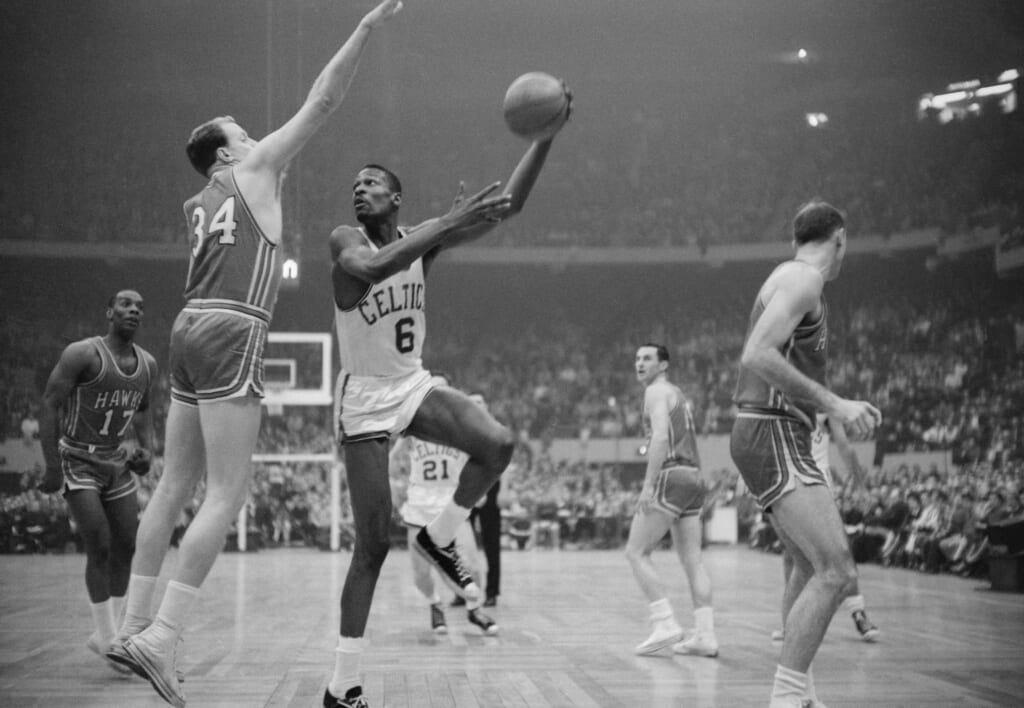
Russell made it plain and said it loud, recounting the mistreatment. “It stood out, a wall which understanding cannot penetrate,” he wrote. “You are a Negro. You are less. It covers every area. A living, smarting, smelly, greasy substance which covered you.”
Who among us can say with certainty that we’d be as bold in Russell’s position? Was Jordan? Is LeBron?
That’s not to suggest a deficiency among anyone who pales in comparison. It’s not to make anyone feel bad for being part of the status quo. It’s simply to illustrate how exceptional Russell was. On the court and in the fight, he was extraordinary.
Now, sadly, he’s gone.
We need more like him.
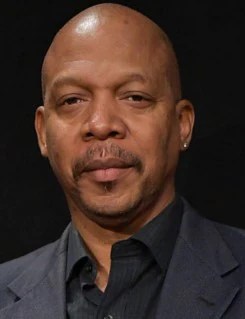
Deron Snyder, from Brooklyn, is an award-winning columnist who lives near D.C. and pledged Alpha at HU-You Know! He’s reaching high, lying low, moving on, pushing off, keeping up, and throwing down. Got it? Get more at blackdoorventures.com/deron.
TheGrio is FREE on your TV via Apple TV, Amazon Fire, Roku, and Android TV. Please download theGrio mobile apps today!
